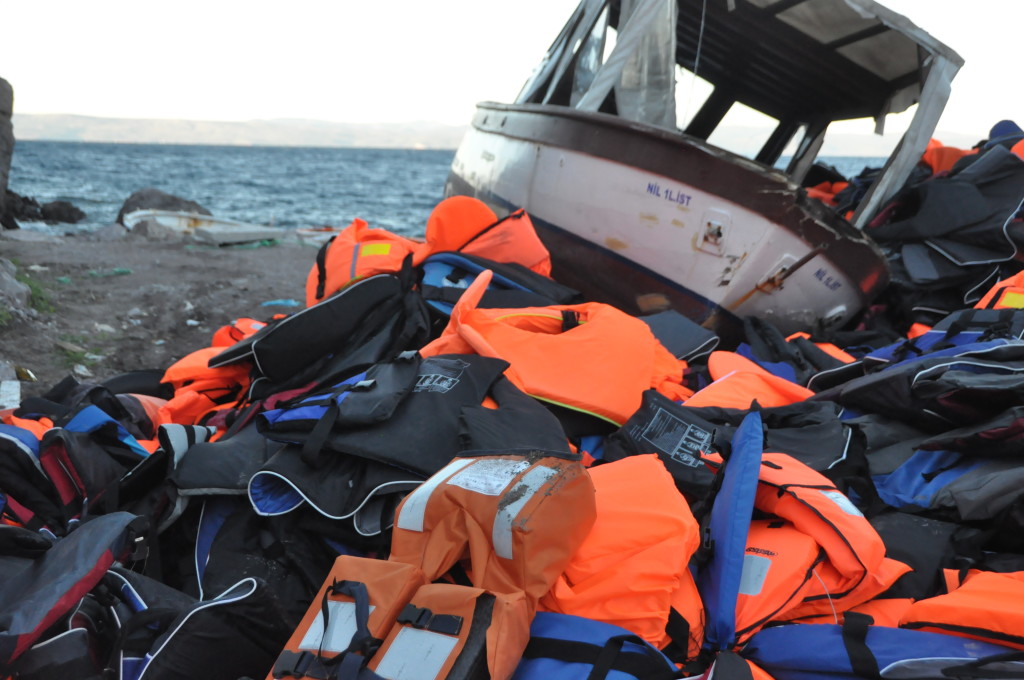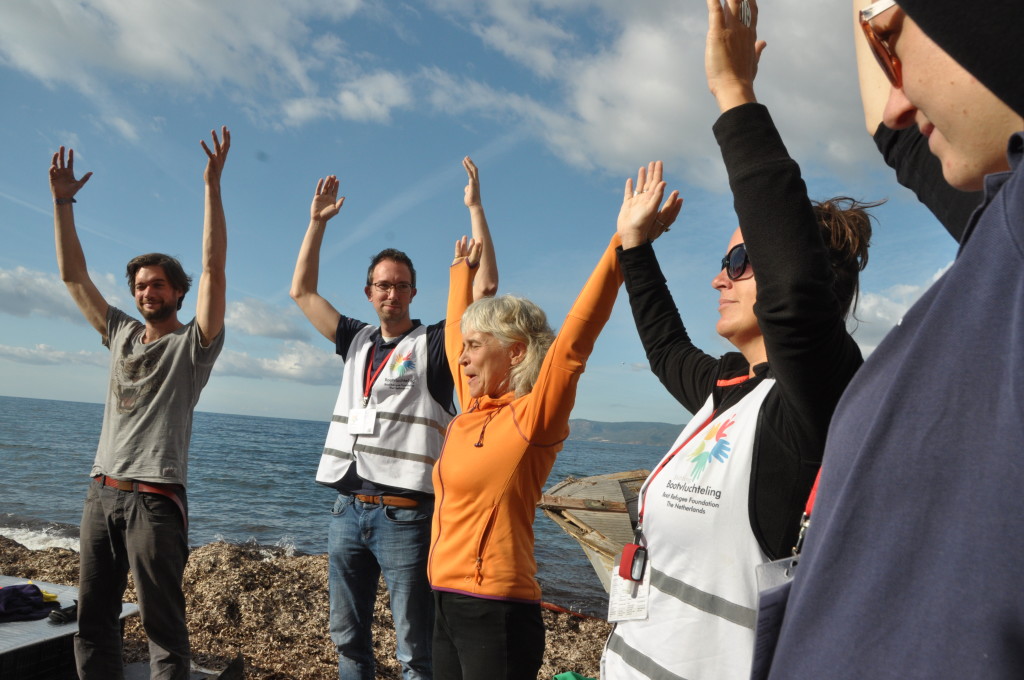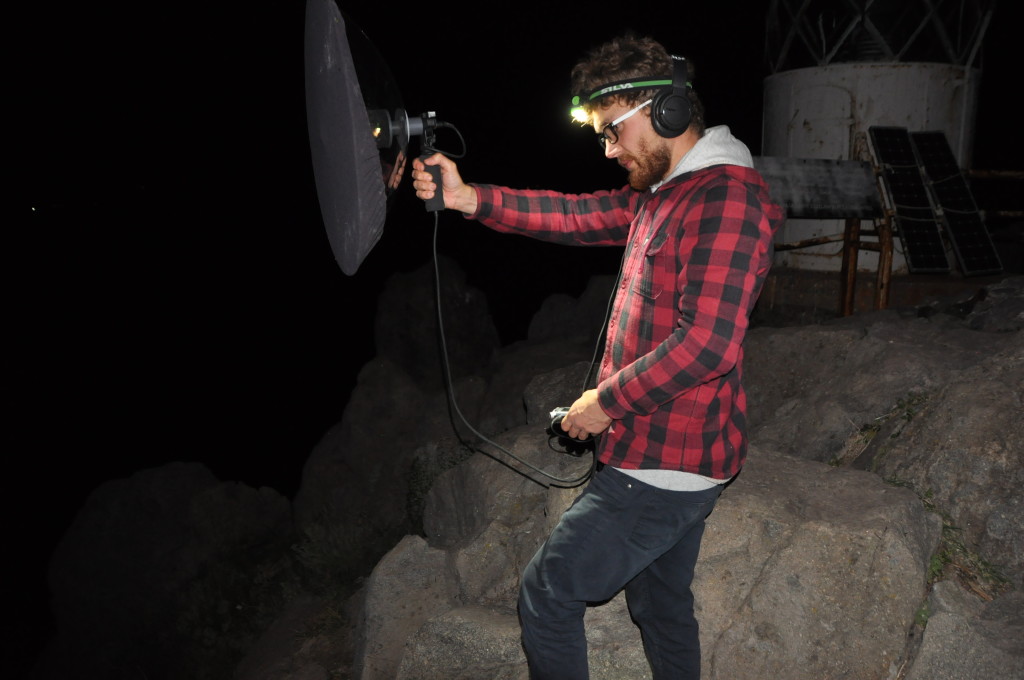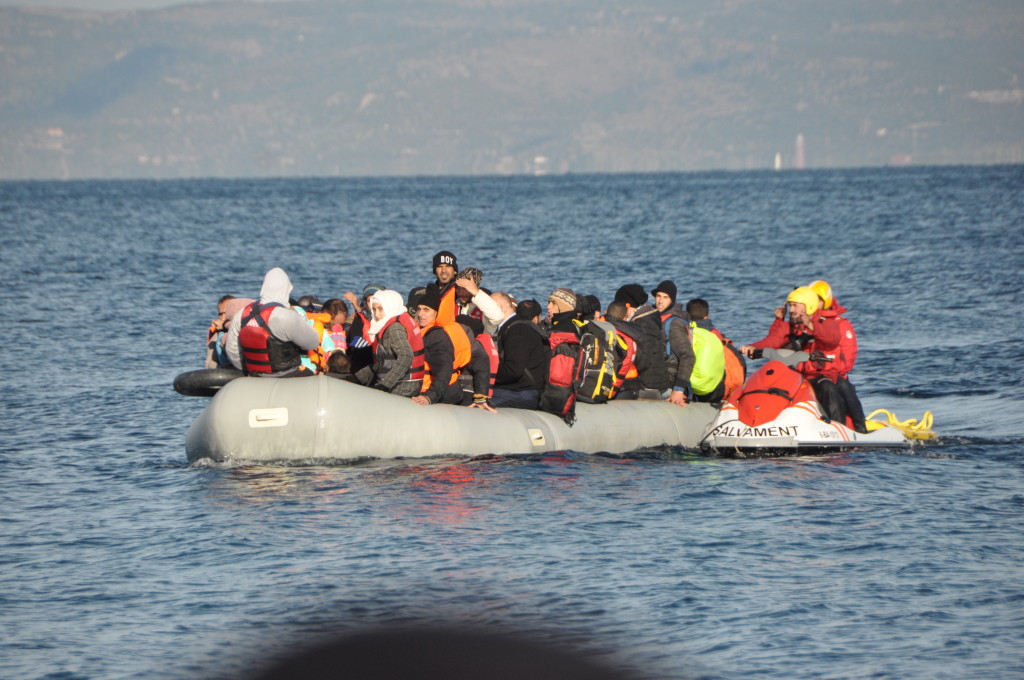During decades the island of Lesbos in Greece has been a gateway of despair and hope for refugees coming from Syria, Afghanistan, Africa and other places of turmoil. During the fall of 2015 several thousands of refugees risk their lives in small rubber boats made for 10 people, paying over 1000 Euros each to traffickers, filling up with 80 at best, venturing over the dark waters to the rocky coasts of the nearest island with two lighthouses to guide them.
When they get ashore they are greeted by volunteers at best, with luck by doctors from one of the larger NGO’s. It is cold and hypothermia is a big risk for the elderly and small. The whole situation is a monument to the failure of humanity driving these people from their homes into an unstructured rocky coast and the wonder of humanity in the volunteers traveling at their own cost to help.
We travelled to Lesbos by invitation from the Lighthouse Refugee Relief Project to train volunteers and staff in stress and trauma management. During the last months up to 3000 refugees could land by boat every night and the turnover of staff has been large and anybody who stays around for more than a couple of weeks is considered a veteran. Volunteer burnout is common already after a few days due to a number of reasons.
- There is a constant sense of alert “when is the next boat coming?”
- The need for sleep, food and water is underestimated because of lack of training.
- Some of the landings can be pretty chaotic with people passing out in hypothermia
- There is no training in how to relate to the impact of human suffering exposed
Among things we heard people there say about the art of volunteering the following stay on our radar:
“You need to think about every person as somebody you know, a family member, how would you like somebody talking to your mother in this situation?” A volunteer about greeting refugees
“As a volunteer you need to ask yourself if you are coming from a sense of guilt or a sense of abundance” A volunteer about volunteer motivation
“I remember a father with his children singing at the top of their voices during the long walk from the landing, simply because they made it ashore” Volunteer about meetings
Advice for volunteers
Here is some advice for those of you finding yourselves in a mass incident situation:
“You need to have a plan in mind and you need to be able to improvise”
“You need a coordinator”
“Maintain your role or make your change known to the incident coordinator”
“You need an easy way out for the wounded – a car with headlights can be great or a block”
“You need to tell the difference between anxiety/stroke/heart attack”
“The need for stress and trauma management for those working with the endless stream of refugees, in any area, is not to be taken lightly. All of you who care and reach out should be aware of the risk for incorporating the emotional distress of others. Learn the signs and the techniques that can be used to create resilience to counter them!”
“Some years ago my daughter got Leukemia and I made a deal with God, if he took care of my baby I will gladly offer a month a year wherever he wants me to go, so I volunteer for things like this and it had changed my life, I want to do even more of this in the future…” A Volunteer in Lesbos Lighthouse Refugee Relief camp – one of many who have travelled privately to make a difference.
Summing up our experience
As we travelled back to Sweden the truce between the EU and Turkey should have stopped the boats. At the airport somebody said on that side of the island it was one boat per hour since 11pm the night before. Here are some video clips of people we worked with about stress management with the tools of TTT and the Peaceful Heart toolbox.
“Sometimes all it takes is one person who is able, willing and knows what to do” Dr Siyana, volunteer medical doctor at the Moira camp.
“At times up to 70% of the people on location helping out during an incident can be unknown volunteers.” Kate Letheren, Medical coordinator at the Lighthouse Refugee Relief Project.
Training adrenaline blow-out on the beach. “It was a great stress management workshop, actually we were surprised that it worked that well” Kevin, Volunteer, about the workshop.
The Lighthouse Refugee Relief Project were donated a microphone for detecting boats at a distance, the team huddled around the fireplace in the ruins around one of the actual lighthouses take turns listening for the sound of a boat with a broken engine floating in the dark – a better giveaway than the infrared camera and less battery dependent.
“We hid with animals 24 hours without food, police was looking out, we waited for the boat and when we loaded I saw it was bad but nobody listened. My friend stayed, it looked too dangerous. We packed bags and 80 people and started. First the engine broke then the boat started to sink. We threw all our bags overboard, everything. Children were crying, and some women, everybody was praying. We called friends who called police and Coast Guard but they said it is not their side of the water. Both on Turkey and the Greek side. Finally somebody from Lesbos came to our rescue. All I have now is my belt pouch. I even lost my shoes.”




